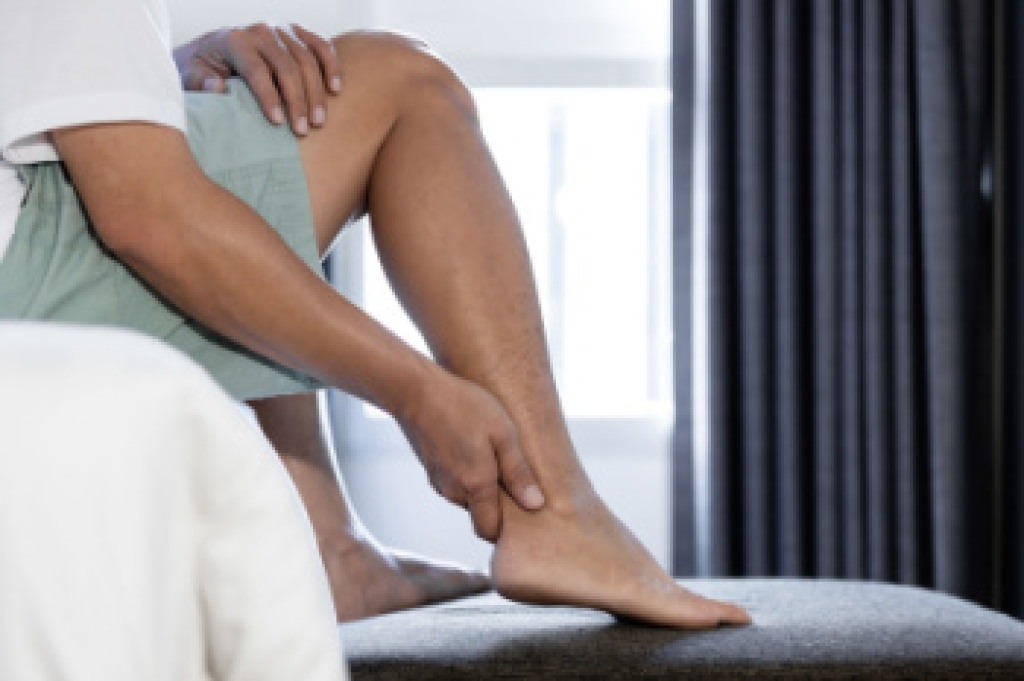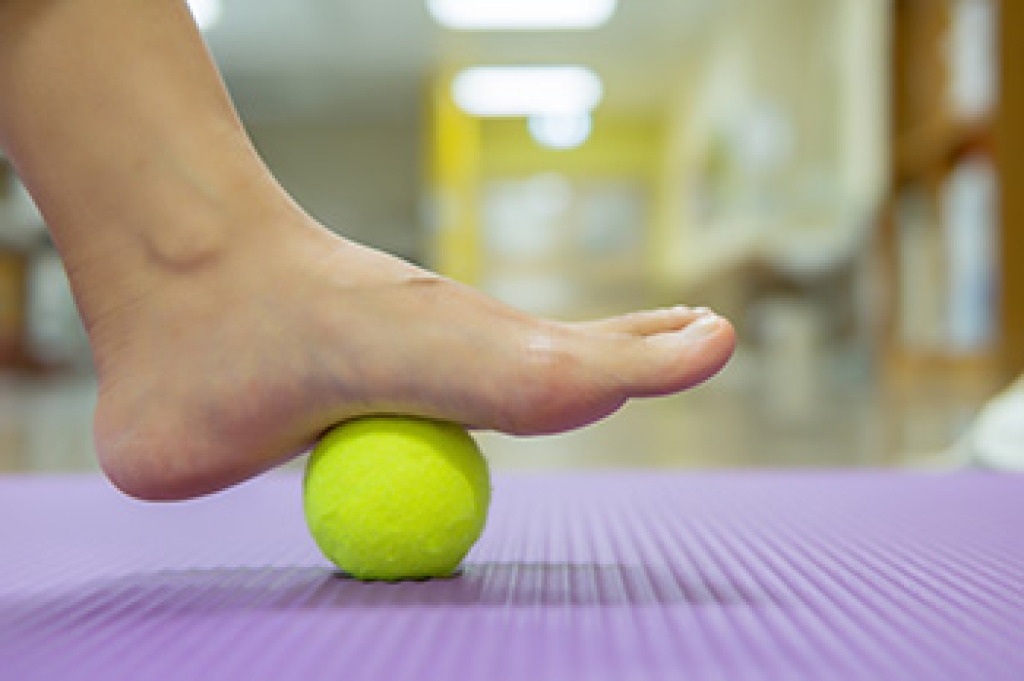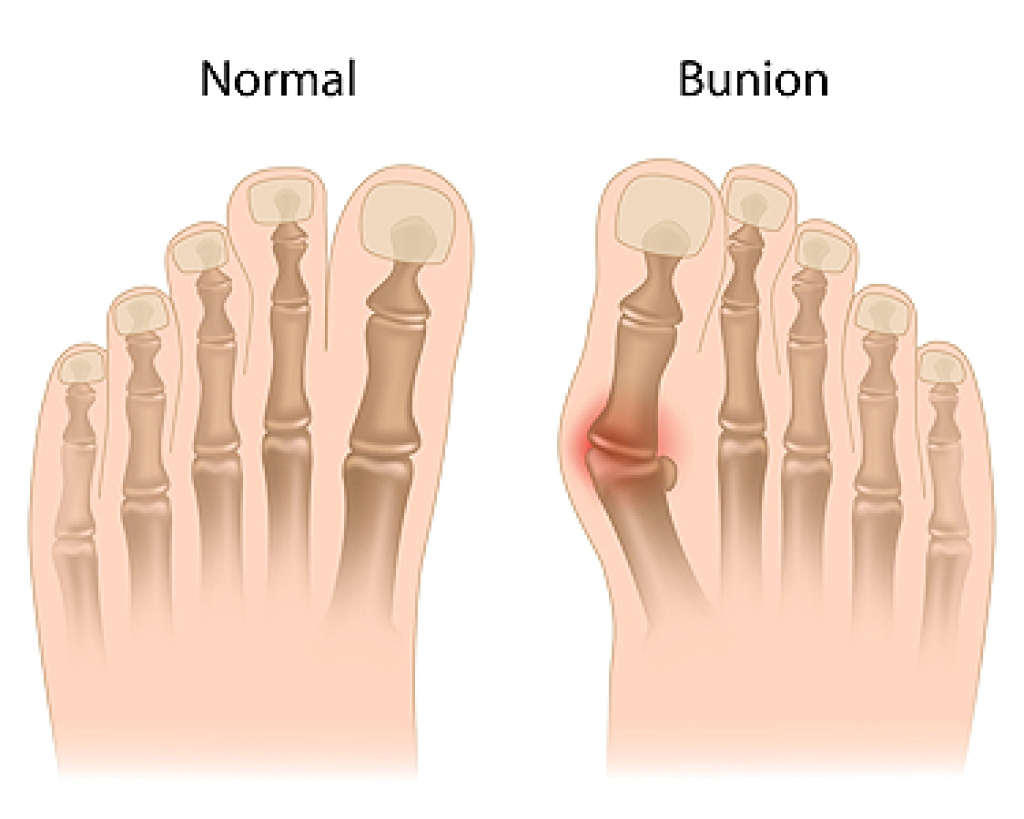
Pain where the Achilles tendon attaches to the heel bone is called Achilles insertional tendinopathy. This condition often develops gradually and can be stubborn to resolve. Treatment usually begins with reducing strain on the tendon. Activity modification is important, especially avoiding hills, stairs, and sudden increases in exercise. Wearing supportive shoes with a slightly elevated heel can decrease tension at the site. Stretching should be approached carefully, since aggressive stretching may worsen symptoms in this area. Targeted exercises often focus on strengthening the lower leg muscles and improving ankle motion in a controlled way. Anti-inflammatory measures may help calm pain and swelling. In some cases, orthotics or heel lifts are used to improve foot mechanics and reduce stress on the tendon. Advanced options may be considered if pain persists. When heel pain limits walking or daily activity, it is suggested that you see a podiatrist for a proper diagnosis and appropriate treatment.
Achilles tendon injuries need immediate attention to avoid future complications. If you have any concerns, contact Katie Besselman, DPM of Advanced Podiatry. Our doctor can provide the care you need to keep you pain-free and on your feet.
What Is the Achilles Tendon?
The Achilles tendon is a tendon that connects the lower leg muscles and calf to the heel of the foot. It is the strongest tendon in the human body and is essential for making movement possible. Because this tendon is such an integral part of the body, any injuries to it can create immense difficulties and should immediately be presented to a doctor.
What Are the Symptoms of an Achilles Tendon Injury?
There are various types of injuries that can affect the Achilles tendon. The two most common injuries are Achilles tendinitis and ruptures of the tendon.
Achilles Tendinitis Symptoms
- Inflammation
- Dull to severe pain
- Increased blood flow to the tendon
- Thickening of the tendon
Rupture Symptoms
- Extreme pain and swelling in the foot
- Total immobility
Treatment and Prevention
Achilles tendon injuries are diagnosed by a thorough physical evaluation, which can include an MRI. Treatment involves rest, physical therapy, and in some cases, surgery. However, various preventative measures can be taken to avoid these injuries, such as:
- Thorough stretching of the tendon before and after exercise
- Strengthening exercises like calf raises, squats, leg curls, leg extensions, leg raises, lunges, and leg presses
If you have any questions please feel free to contact our office located in Saint Peters, MO . We offer the newest diagnostic tools and technology to treat your foot and ankle needs.







